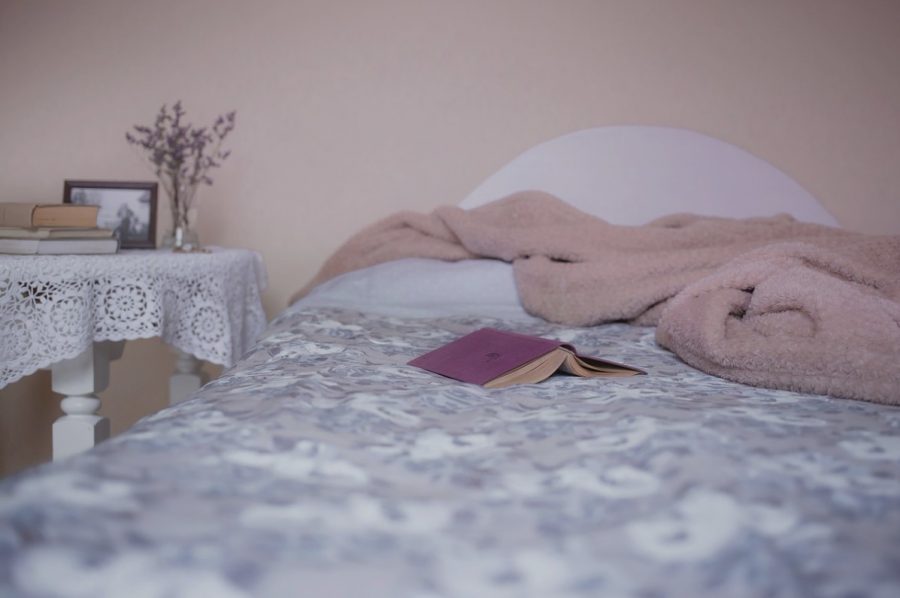4 Reasons You Might Not Be Getting The Rest You Need While Sleeping

If you struggle to get a good night’s sleep, there could be certain factors that you might not be aware of that may be contributing to your problem. Even if you believe that you’re sleeping through the night, you might not be getting the restful sleep that you need to thrive. Getting enough restful sleep consistently is important to your physical and mental health, and addressing the factors that are causing sleep disruptions will be good for your body and mind. Here are four reasons why you might not be getting the rest you need while sleeping.

Chronic anxiety is one of the key culprits of sleep pattern disruptions. Even while you’re asleep, your mind could still be processing thoughts that cause you anxiety, and these feelings of nervousness might make it more difficult for your body to relax entirely. It’s best to consider seeing a mental health specialist if you suffer from anxiety regularly to get the appropriate treatment or medications to help you sleep better. Doing yoga or meditation exercises regularly can also put your mind and body at greater ease.
Sleep apnea is a condition that may cause you to stop breathing periodically while sleeping. Your breathing might be disrupted several times a night while you sleep without you being aware of the problem. The condition can be caused by a variety of factors including age, weight and genetics. A telltale sign of sleep apnea is a feeling of fatigue even after a full night of sleep. Qualified sleep apnea doctors can perform tests to diagnose the condition so that the appropriate treatment can be implemented.
An old, uncomfortable or otherwise unsuitable mattress could also be to blame for your poor sleep. Inadequate mattresses are not able to provide the ample support that the body needs to rest comfortably. Shoddy mattresses can also cause undue strain and muscle soreness because of the lack of sturdy support. Even if your mattress feels mostly comfortable, it still might not be giving you the support that you need to rest sufficiently while sleeping. A good rule of thumb is to replace a mattress every seven to ten years.
The temperature in your bedroom might be set too high or too low for you to sleep comfortably throughout the night. According to WebMD, it’s generally best to set the room temperature to between 65 and 72 degrees Fahrenheit, but the exact right temperature for you could vary. To keep your feet warmer so that your sleep isn’t disrupted from having cold feet, you should consider wearing some cozy socks.
Getting the restful sleep that’s required to function at your best can be achieved if certain concerns are addressed. Finding the cause of your sleep deprivation will allow you to take the right action to solve the problem for good.
